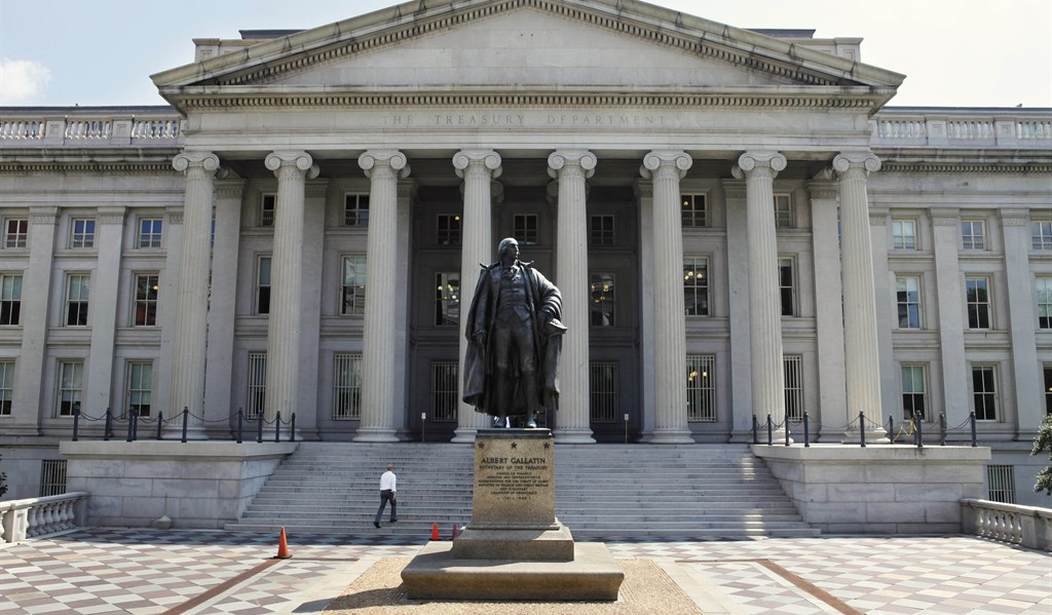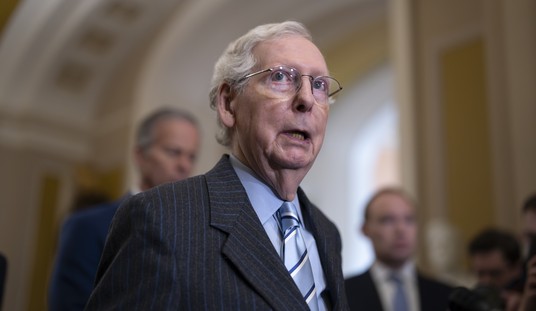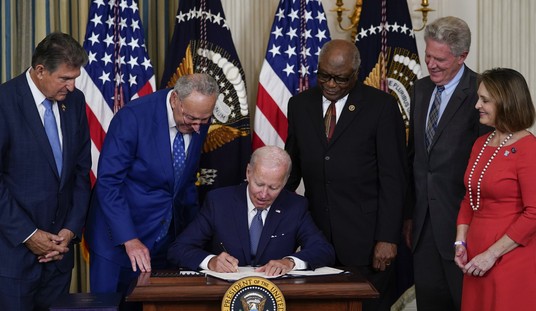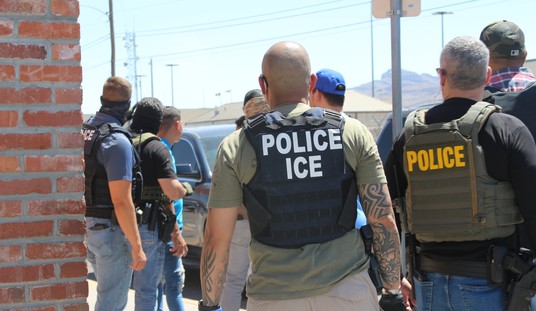Washington, DC – On April 30, 1789, at the Federal Hall in New York City, George Washington took the Oath of Office as the first President of the United States. He and the members of both houses of Congress then assembled in the unfinished Senate Chamber where Washington took less than 20 minutes to deliver the first inaugural address. Precisely two hundred and twenty five years later – at the same time of day – the 44th President of the United States wandered into the White House Press Briefing Room for a surreal 48-minute exchange with members of the media.
The difference in these two presidential presentations, separated by two and a quarter centuries is stark – and alarming – for what was said, left unsaid and the manner in which they were conveyed. Observers described Washington’s delivery as “humble,” even “anxious.” Some – noting more than a dozen references to “prayer,” “divine blessing,” “providence” the “Almighty Being” and the “Great Author of every public and private good” – said the new president was “reverent.” None of those match the demeanor of Barack Obama during this week’s séance. Instead of invoking the favor of God, our Head of State sought to fix blame for his failures.
When Washington delivered his address, the most important issue before our Legislative Branch was the ongoing national debate over the Bill of Rights. He devoted nearly a full page of his eight-page handwritten remarks to “how far an exercise of the occasional power delegated by the Fifth article of the Constitution is rendered expedient at the present juncture…” Rather than attack members of Congress who favored or opposed the first ten Amendments to our new Constitution, Washington pledged his “entire confidence in your discernment and pursuit of the public good.”
That’s not the Obama approach. On Tuesday Congress was his number one target. He whined, “We’re in divided government right now. Republicans control the House of Representatives. In the Senate, this habit of requiring 60 votes for even the most modest piece of legislation has gummed up the works…things are pretty dysfunctional up on Capitol Hill.” That was in response to a reporter’s question about gun control – the Second Amendment – part of that same Bill of Rights George Washington spoke of in his very first address as President. How’s that for a contrast in leadership.
Recommended
When Washington made his first “media appearance” as president, the new government – and the country were all but broke. Staggering debts from the Revolution were overwhelming. Taxes and tariffs were inadequate to meet obligations incurred during the long fight for independence. Having presided over the drafting and ratification of the Constitution that led to his election, Washington knew Congress had the power of the purse. Instead of demanding that the House and Senate concoct creative ways of raising revenues, Washington led the only way he knew how: by example.
The seventh and eighth pages of his speech at the National Archives are heavily creased, but the words are clear: “When I was first honoured with a call into the Service of my country, then on the eve of an arduous struggle for its liberties, the light in which I contemplated my duty required that I should renounce every pecuniary compensation. From this resolution I have in no instance departed. And being still under the impressions which produced it, I must decline as inapplicable to myself, any share in the personal emoluments, which may be indispensably included in a permanent provision for the Executive Department.” In short, he told the Congress he would serve as president without pay.
Compare that to his incumbent successor who insists the government must raise taxes or furlough federal workers: “It’s true that the sequester is in place right now. It’s damaging our economy, it’s hurting our people and we need to lift it… It’s slowed our growth, it’s resulting in people being thrown out of work, and it’s hurting folks all across the country…we’ve got folks who unwilling to make some simple changes to our tax code…I cannot force Republicans to embrace those common-sense solutions.”
Like our first president, Barack Obama is a wealthy man. Unlike Washington, Mr. Obama hasn’t offered to serve without pay. Federal workers are doing that for him.
Our first chief executive didn’t address foreign policy in his first presidential speech. On its 225th anniversary, Obama did – and blamed Congress for Guantanamo: “It hurts us in terms of our international standing... It is a recruitment tool for extremists.” Someone needs to tell him the detainee most mentioned in radical Islamic propaganda isn’t at “Gitmo.” It’s Sheikh Abdel-Rahman – serving a life sentence in a federal prison for his role in the 1993 World Trade Center bombing.
Finally, there is the matter of 65,000 young Americans at war in the shadows of the Hindu Kush. That topic didn’t even come up this week except when Mr. Obama noted “we’re winding down the war in Afghanistan.” Would George Washington have ignored his countrymen in harm’s way?
























Join the conversation as a VIP Member